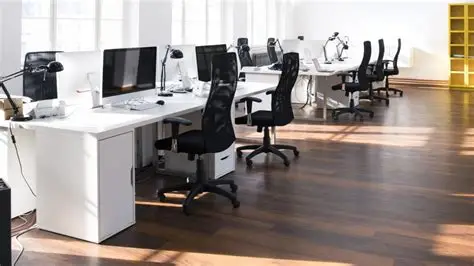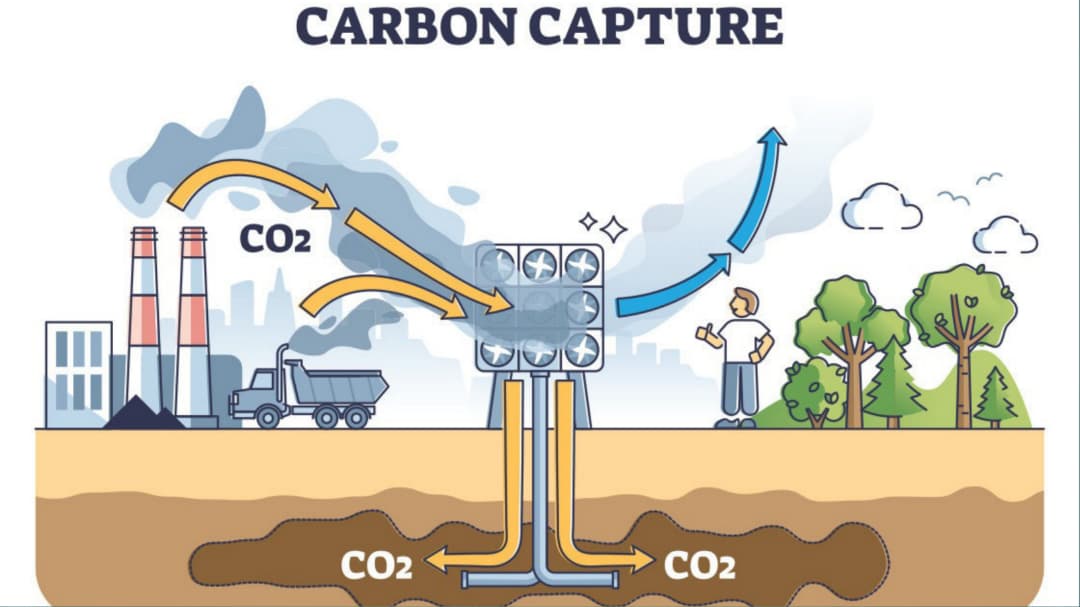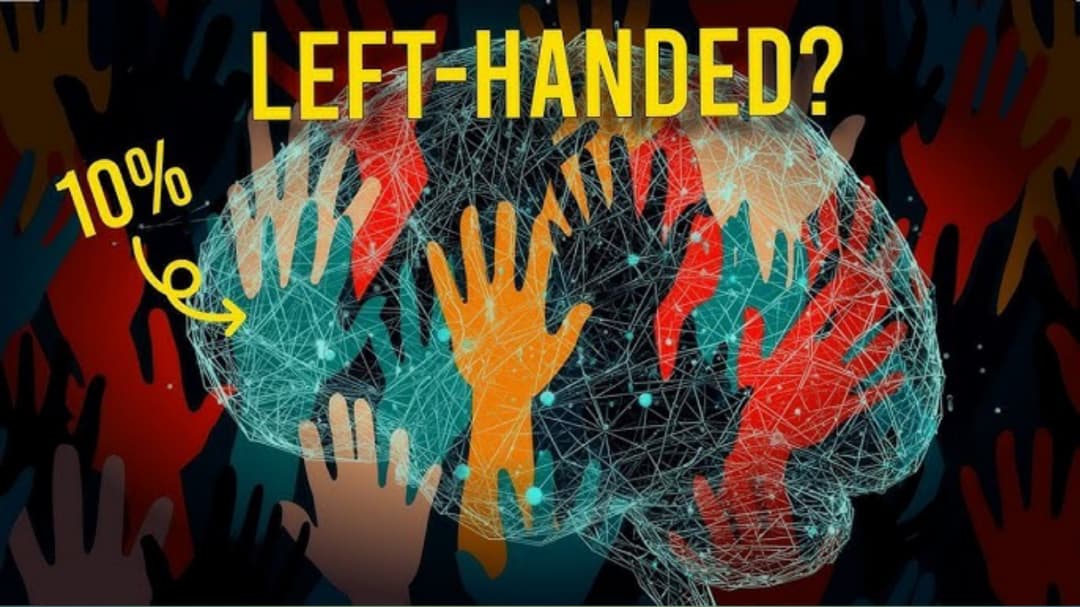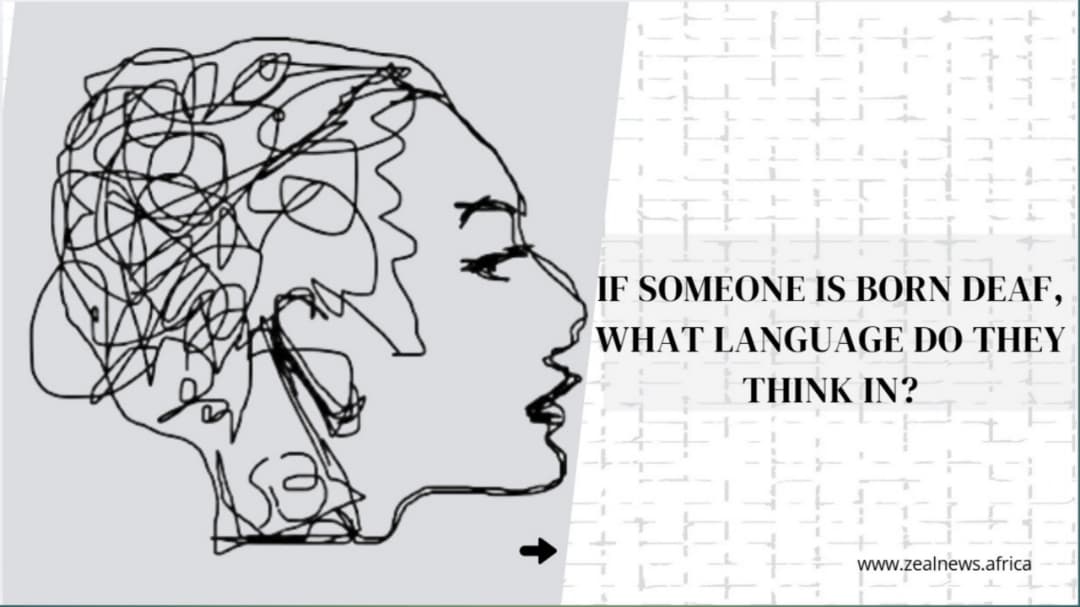The New Office Isn’t a Place, It’s the People

The world of work has never been this intimate and this invisible. The office is no longer a building filled with desks and coffee machines; it’s a living ecosystem of ideas, culture, and connection. The new “workspace” is wherever people choose to create, a Slack channel in Lagos, a WhatsApp thread in Accra, or a shared Google Doc bridging Nairobi and Johannesburg. The physical office didn’t die; it simply evolved into people.
Across Africa, this shift is redefining what it means to work, lead, and belong. The pandemic may have accelerated the transition, but the truth is, Africa was already rewriting the rules of productivity. From Lagos-based startups building hybrid teams to Nairobi creatives managing projects across continents, the concept of “place” has been replaced by purpose.

According to TechCabal, the rise of Africa’s remote work economy is not just about convenience, it’s about opportunity. The continent has one of the fastest-growing youth populations in the world, and with it comes a hunger for flexibility, impact, and community. Young professionals are not only asking where they work, but why they work and with whom.
The traditional office, with its rigid hierarchies and silent cubicles, is giving way to digital spaces built on collaboration and culture. Founders like Odunayo Eweniyi of PiggyVest have championed the idea that “company culture is not written in policy documents, it lives in how people show up for each other.” In her view, the most productive teams are not the ones that clock in at nine and out at five, but those that are emotionally invested in shared purpose.
This evolution of work mirrors the changing identity of African entrepreneurship. Startups like Flutterwave, Andela, and Moniepoint have built global operations anchored on people-first philosophies. At Andela, for instance, engineers from over 30 African countries collaborate virtually with global firms. It’s not an office; it’s a network of human capital spread across time zones, bound by code, empathy, and shared ambition.
All over cities, co-working hubs are sprouting faster than ever. Yet they’re not replacing offices, they’re redefining them. At Impact Hub Lagos, you’re as likely to meet a fintech founder as a climate activist or documentary filmmaker. The desk becomes a connector, not a divider. The energy isn’t in the walls, it’s in the people breathing life into them.
Still, this shift isn’t without tension. Not everyone can thrive outside structured spaces. Many workers crave stability and belonging, especially in regions where economic uncertainty makes job security a privilege. A hybrid model where people meet occasionally but connect daily online has become the sweet spot. It preserves the human touch while respecting autonomy.
Companies like Paystack have adopted this balance elegantly. Their teams operate across Africa and Europe, but their leadership insists on maintaining what they call “a digital culture of warmth.” It’s a reminder that even in a dispersed workforce, empathy and communication remain the glue holding it together.
Yet, beyond company strategy, there’s something profoundly human happening here. The idea of “office as people” forces us to confront the essence of work, connection. When your colleague’s laughter replaces the echo of office chatter, or when a group chat becomes your brainstorming room, you realize that culture travels faster than location.
Psychologists note that belonging is now one of the most crucial predictors of employee satisfaction. A study by Harvard Business Review found that employees who feel connected to their peers are twice as likely to stay loyal and engaged. This insight resonates deeply across Africa, where communal spirit has always been woven into social fabric. The digital shift didn’t erase this, it amplified it.
Sustainability in Digital work
Still, something tender is at stake. The new workplace asks us to manage boundaries differently. Without walls, work seeps into life, and life into work. The same flexibility that liberates us can also blur us. In the long run, sustainability in digital work will depend not just on internet access, but on emotional literacy, the ability to disconnect without disengaging.

In Lagos, remote work cafes like Cafe One by Sterling and Workstation have become microcosms of this new ethos. They’re spaces for solitude and social energy, where freelancers, tech founders, and remote employees gather, each chasing their own version of balance. These hubs prove one thing: the office isn’t dead. It’s just more human than ever.
And it’s not only startups. Even traditional corporations are catching on. Banks, media houses, and NGOs are investing in employee wellness, flexible hours, and people-centered leadership. The realization is clear: productivity is emotional before it’s mechanical. You can’t automate passion.
When a Nairobi-based software engineer, was asked what he missed most about traditional offices, he smiled. “The lunch breaks,” he said. “The arguments, the jokes, the small talk, those moments made work human.” That nostalgia captures the irony of our digital age: we’re building tools to connect, but still yearning for the warmth of presence.
The modern African worker is learning to hold both the efficiency of tech and the intimacy of community. This duality is shaping not just workplaces, but the future of creativity, innovation, and leadership. Across the continent, the new workforce is defined not by space, but by spirit.
Leadership, too, is changing tone. It’s no longer about command but connection. Founders like Iyinoluwa Aboyeji have spoken openly about building “ecosystems, not empires.” It’s an ethos that centers mentorship, collaboration, and long-term value over quick wins. The result? A generation of leaders who understand that growth is human before it’s financial.
This quiet revolution from buildings to bonds may be the most important cultural shift in African business today. The pandemic cracked open a conversation; young Africans finished it. They’ve turned their laptops into launchpads, their WhatsApp groups into workspaces, and their communities into companies.
The new office doesn’t have a door. It has a heartbeat. It’s not a space you walk into; it’s the people you build with, argue with, dream with. It’s your team at midnight on Zoom, your friend editing slides from Nairobi, your mentor checking in from Kigali.
And when you look at it closely, you’ll realize, the future of work was never really about work. It’s about us.
You may also like...
When Sacred Calendars Align: What a Rare Religious Overlap Can Teach Us

As Lent, Ramadan, and the Lunar calendar converge in February 2026, this short piece explores religious tolerance, commu...
Arsenal Under Fire: Arteta Defiantly Rejects 'Bottlers' Label Amid Title Race Nerves!

Mikel Arteta vehemently denies accusations of Arsenal being "bottlers" following a stumble against Wolves, which handed ...
Sensational Transfer Buzz: Casemiro Linked with Messi or Ronaldo Reunion Post-Man Utd Exit!

The latest transfer window sees major shifts as Manchester United's Casemiro draws interest from Inter Miami and Al Nass...
WBD Deal Heats Up: Netflix Co-CEO Fights for Takeover Amid DOJ Approval Claims!

Netflix co-CEO Ted Sarandos is vigorously advocating for the company's $83 billion acquisition of Warner Bros. Discovery...
KPop Demon Hunters' Stars and Songwriters Celebrate Lunar New Year Success!

Brooks Brothers and Gold House celebrated Lunar New Year with a celebrity-filled dinner in Beverly Hills, featuring rema...
Life-Saving Breakthrough: New US-Backed HIV Injection to Reach Thousands in Zimbabwe

The United States is backing a new twice-yearly HIV prevention injection, lenacapavir (LEN), for 271,000 people in Zimba...
OpenAI's Moral Crossroads: Nearly Tipped Off Police About School Shooter Threat Months Ago
ChatGPT-maker OpenAI disclosed it had identified Jesse Van Rootselaar's account for violent activities last year, prior ...
MTN Nigeria's Market Soars: Stock Hits Record High Post $6.2B Deal

MTN Nigeria's shares surged to a record high following MTN Group's $6.2 billion acquisition of IHS Towers. This strategi...






